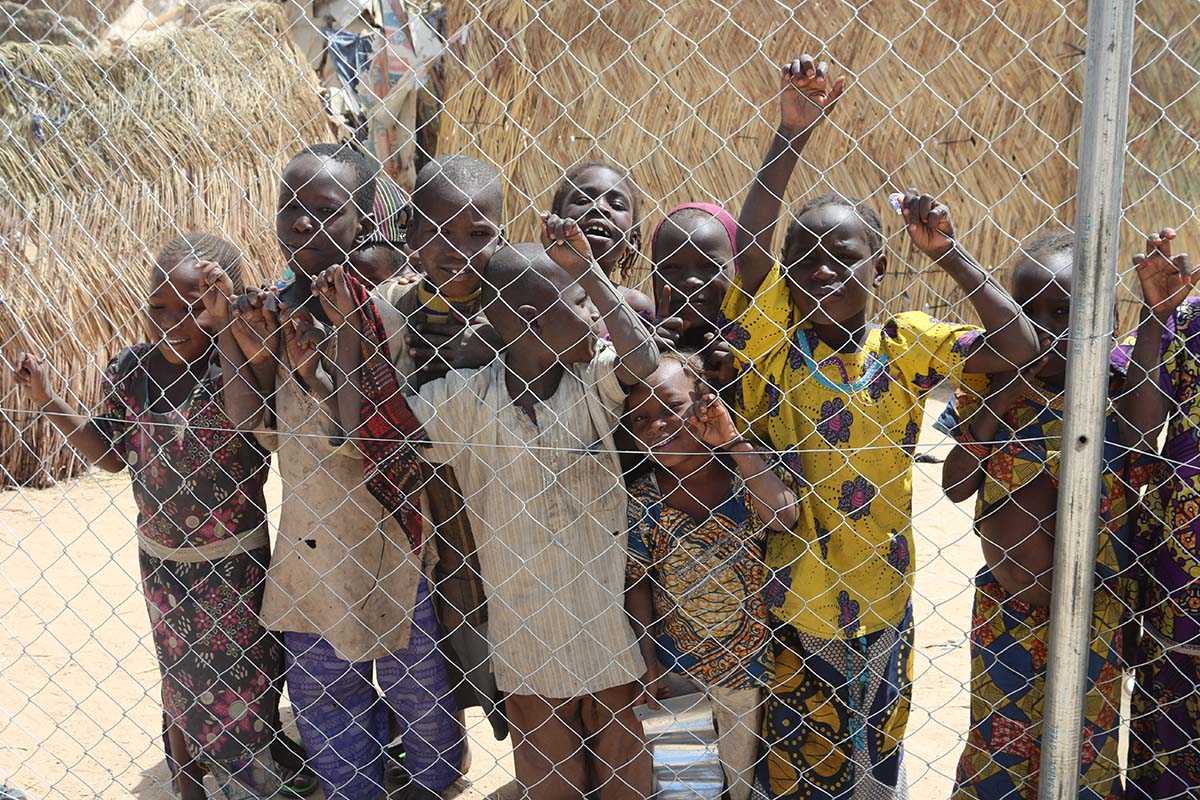Leadership in Sustainable Development and Poverty Eradication
April 15by Similoluwa Ifedayo
Leadership is the act of guiding a group of people or an organisation. Every good leader with the aim of building a system that transcends time requires the ability to take risks and challenge the status quo. Leadership in sustainable development plays a key role in addressing poverty and fostering inclusive economic progress.
According to the World Bank Group, about 700 million people live on less than $2.15 per day, the extreme poverty line. Extreme poverty remains concentrated in parts of Sub-Saharan Africa, fragile and conflict-affected areas, and rural areas. For example, in a country like Nigeria, the question “Who is an average man?” remains a topic of debate, largely due to the economic situation.
The performance of any country, in seeking to achieve the SDGs, including the eradication of poverty, to a large extent depends on its leadership. Effective leadership translates into prudent public policy formulation and implementation, as well as good public service delivery, to meet the needs and aspirations of citizens.
Leadership for Sustainable Development aims to inspire positive change and foster sustainable development by empowering individuals and communities to address pressing social and environmental challenges. This system underlines vision, empathy, and ethical decision-making, with an emphasis on long-term impact and stakeholder engagement. Leaders with this aim focus on driving innovation, fostering collaboration, and promoting a shared vision of sustainable development and poverty eradication.
For instance, Ellen Johnson Sirleaf, the first female African President and former Liberian President, demonstrated adaptive leadership in navigating Liberia’s recovery from civil conflict and addressing pervasive poverty. She made it clear that it wasn’t about her, it was about sustaining the nation—it was about the people. Her leadership focused on fostering resilience, promoting economic development, and rebuilding essential infrastructure while advocating for inclusive governance and social progress.
To build a sustainable nation and eradicate poverty, a nation has to be ruled by a servant leader. True leadership requires the leader’s commitment to serving the needs of others and prioritising the well-being of the broader community. For sustainable development and poverty eradication, leaders will have to focus on understanding and addressing the specific challenges faced by marginalised populations. They have to advocate for inclusive policies, equitable resource allocation, and social impact initiatives that prioritise the most vulnerable members and underrepresented members of society. Every nation that wants to grow needs a leader who deeply understands the social determinants of poverty—a knowledgeable leader.
Greta Thunberg, an Environmental Activist, embodies collaborative and inclusive leadership in advocating for environmental sustainability and climate action. As a prominent youth activist, she has mobilised diverse stakeholders, including young people, policymakers, and global leaders, to address climate change and its implications for poverty and sustainable development.
It’s paramount that every leader understands the importance of building partnerships, promoting diversity, and fostering inclusive decision-making processes. Leaders need to work across sectors, engage with diverse stakeholders, and ensure that the voices of marginalised communities are amplified in the design and implementation of poverty alleviation strategies.
Sustainable leadership embodies a diverse range of approaches that prioritise long-term societal well-being, environmental stewardship, and equitable economic development. It’s about transcending the tenure of every leader. Leaders can play a key role in driving comprehensive strategies to address poverty and promote sustainable development, fostering positive change that benefits present and future generations. Every nation needs to understand that without effective leadership there can’t be sustainable development and poverty eradication.






